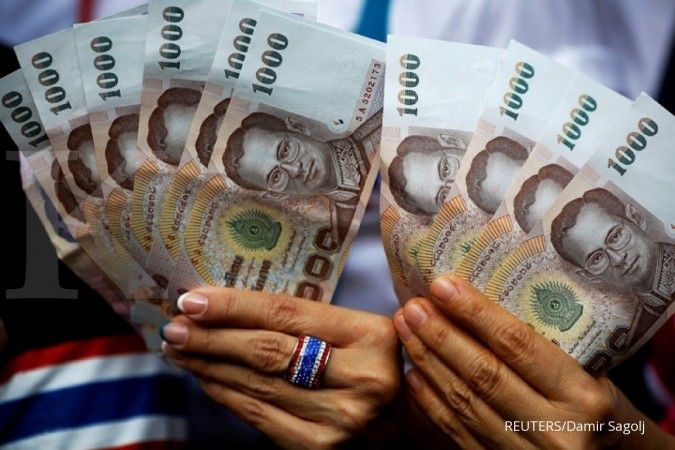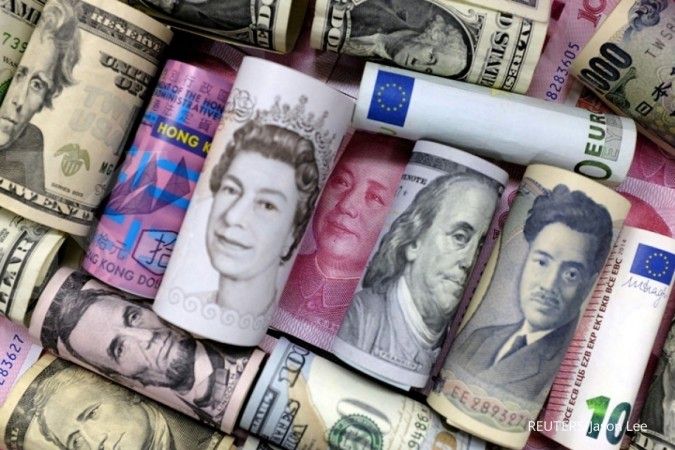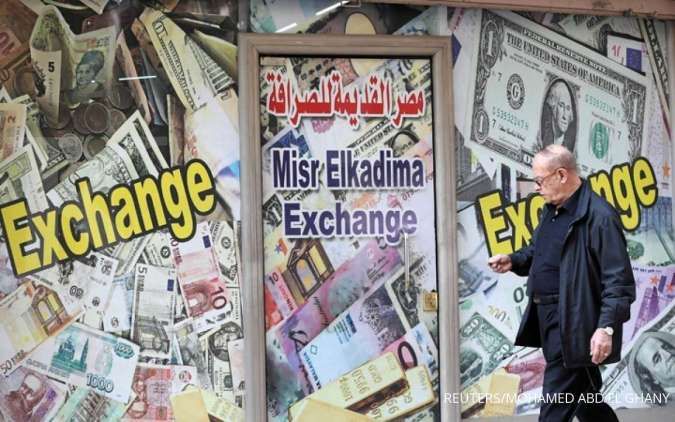CAPITAL INFLOW - LONDON. Global investors plan to ditch emerging-market bonds whose yields have been dragged into negative territory by the renewed commitment of the world's major central banks to continue monetary easing if necessary.
Germany's benchmark 10-year government bond yield plunged further below zero in recent weeks, pulling other euro zone government and corporate debt with it. But the collapse of the benchmarks has even drawn some junk bonds and emerging-market bonds into negative yielding territorym too.
"Very low or negative interest rates in European sovereign debt is spilling over into EM debt in the higher-graded space and impacts investors that are chasing yield in that part of the market," said Marcelo Assalin, head of emerging market debt at NN Investment Partners.
With the European Central Bank expected to deliver more quantitative easing (QE) and the U.S. Federal Reserve likely to cut interest rates, this was a "new reality" emerging market investors had to live with, Assalin said.
"This is one of the unintended consequences of QE - it distorts prices, and that is clearly a distortion."
J.P. Morgan found that nearly a quarter of bonds tracked in its emerging-market euro EMBIG index now record a negative yield. The 33 bonds from 13 issuers trade with an average yield of -0.19%, the bank said.
NN Investment Partner's bias towards riskier, higher-yielding emerging-market debt meant the effect on their exposure had been minimal, said Assalin.
Others have been busy selling. BNP Paribas Asset Management said on Wednesday it had been shedding any negative-yielding emerging-market debt and expected to make more adjustments if central banks continue to ease or cut interest rates.
"We have a very intuitive view that we should not hold any bonds with negative yields in EM. It doesn't make sense -- we shouldn't have to do that," said Bryan Carter, head of emerging markets fixed income at BNP Paribas Asset Management, which manages and advises on 565 billion euros ($633.82 billion).
"We did a scrub and anything that had turned negative, we started selling... and we will continue to do that," he said, adding the firm had started selling some three weeks ago.
UBS Global Wealth Management is recommending clients holding negative-yield emerging-market debt to sell their exposure as a dovish shift in central banks' monetary policy pushes the yield on more bonds into negative territory.
"Our general recommendation is not to buy negative-yielding bonds and – for those with existing exposure – replace them with more attractive alternatives.
CATCHING ON
The trend started with euro-denominated debt, issued by countries that are part of the currency union or the wider European Union but still classified as emerging-market credits. These include sovereign debt from the likes of euro members Latvia or Lithuania, or euro-denominated bonds from EU countries Poland and the Czech Republic.
But the effects have been felt much more widely, especially for euro-based asset managers such as BNP AM. They have also started selling some dollar-denominated emerging-market debt issues that now offer a negative yield as hedging costs outstrip yields.
With the U.S. yield curve from the front end to five years inverted in anticipation of imminent rate cuts, a lot of higher-grade emerging-market dollar bonds carry effectively a negative yield.
This affected large swathes of debt issues from China, Malaysia and Peru for example, said BNP AM's Carter, and more adjustments might be coming.
"It is probably 2-3% of the portfolio so far - but I think the interesting thing is, what if this continues?" he said.
Euro benchmark yields have slipped deeper into the red over the past couple of months as the European Central Bank promised further monetary easing if needed. That direction was assumed to be cemented by the appointment of International Monetary Fund head Christine Lagarde as new ECB chief from October.
"If everything that the market expects (from the ECB and the U.S. Federal Reserve) now is materialising, we will potentially have to do a lot more rebalancing."
/2018/01/12/448065091.jpg)













